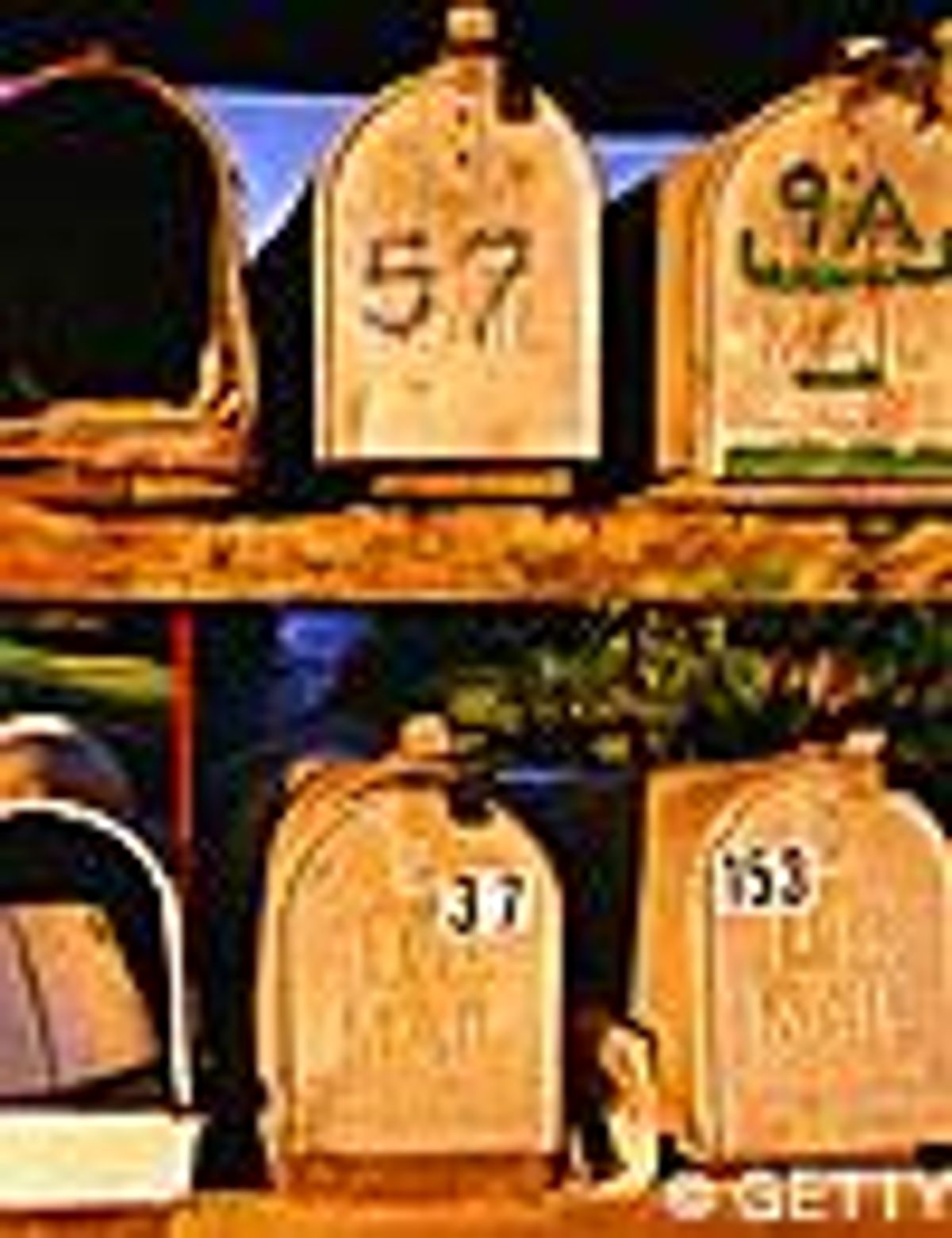The Williams
Institute for Sexual Orientation Law and Public Policy at
the University of California, Los Angeles, released a report
Monday documenting what it called "a gay
demographic explosion" in some of the country's
reddest of regions. Using recently released data from the
U.S. Census Bureau's American Community Survey, the
analyses show that the number of same-sex couples in
the United States has quadrupled since 1990, growing
at a rate 21 times that of the population. But increases
have been the most dramatic in the Midwest, Mountain, and
Southern states.
"Clearly, more
same-sex couples are willing to openly identify
themselves as such on government surveys," said Gary Gates,
senior research fellow at the Williams Institute and
author of the study. "A combination of growing social
acceptance and migration to the South and West means
that same-sex couples are becoming increasingly visible in
the most politically and socially conservative parts
of the country."
Conservative
regions where George H.W. Bush's support in the 1992
presidential election exceeded his national vote average all
had above-average increases in same-sex couples since
1990. Conversely, regions where Bill Clinton's support
was above his national vote average all had increases
of same-sex couples below the national average.
The Williams
Institute study also found that state recognition of
same-sex couples was inversely related to increases in the
number of same-sex couples reporting their
relationship. From 2000 to 2006, states that created
formal recognition of same-sex couples had below-average
increases, while states that prohibited marriage between two
people of the same sex experienced above-average
increases in same-sex couples.
Utah typifies
this demographic pattern. In rankings of states by their
concentration of same-sex couples, the study finds that Utah
is the biggest mover, from a ranking of 38th in 1990
to 14th in 2006.
Gates noted that
the study could provide clues to the U.S. political
picture for the 2008 elections. "It may very well be that
these changes in the number of same-sex couples offer
a 'leading indicator' to assess which historically
conservative states are destined to become more
'purple' in upcoming elections," he said. "If so, keep an
eye on Utah. Salt Lake City has passed legislation to
formally recognize same-sex couples, and [Brigham
Young University] no longer considers being gay
to be a violation of its honor code. Perhaps most notable,
the state now has three openly gay officials in its
state legislature. That's one more than in the U.S.
Congress."
Other findings
from the study include:
-East
south-central states of Alabama, Kentucky, Mississippi, and
Tennessee saw a combined increase in same-sex couples of
863% from 1990 to 2006
-Mountain
states of Arizona, Colorado, Idaho, New Mexico, Montana,
Utah, Nevada, and Idaho had an increase of 698%
-Same-sex
couple increases were 55 times larger than population
increases in the upper Midwest (Indiana, Illinois,
Michigan, Ohio, and Wisconsin)
-Three
cities (among the 50 largest) showed decreases in same-sex
couples from 2000 to 2006: Atlanta, Philadelphia, and
Detroit. In all three cases the cities lost same-sex
couples while surrounding counties showed large gains.
(The Advocate)


















































































Viral post saying Republicans 'have two daddies now' has MAGA hot and bothered